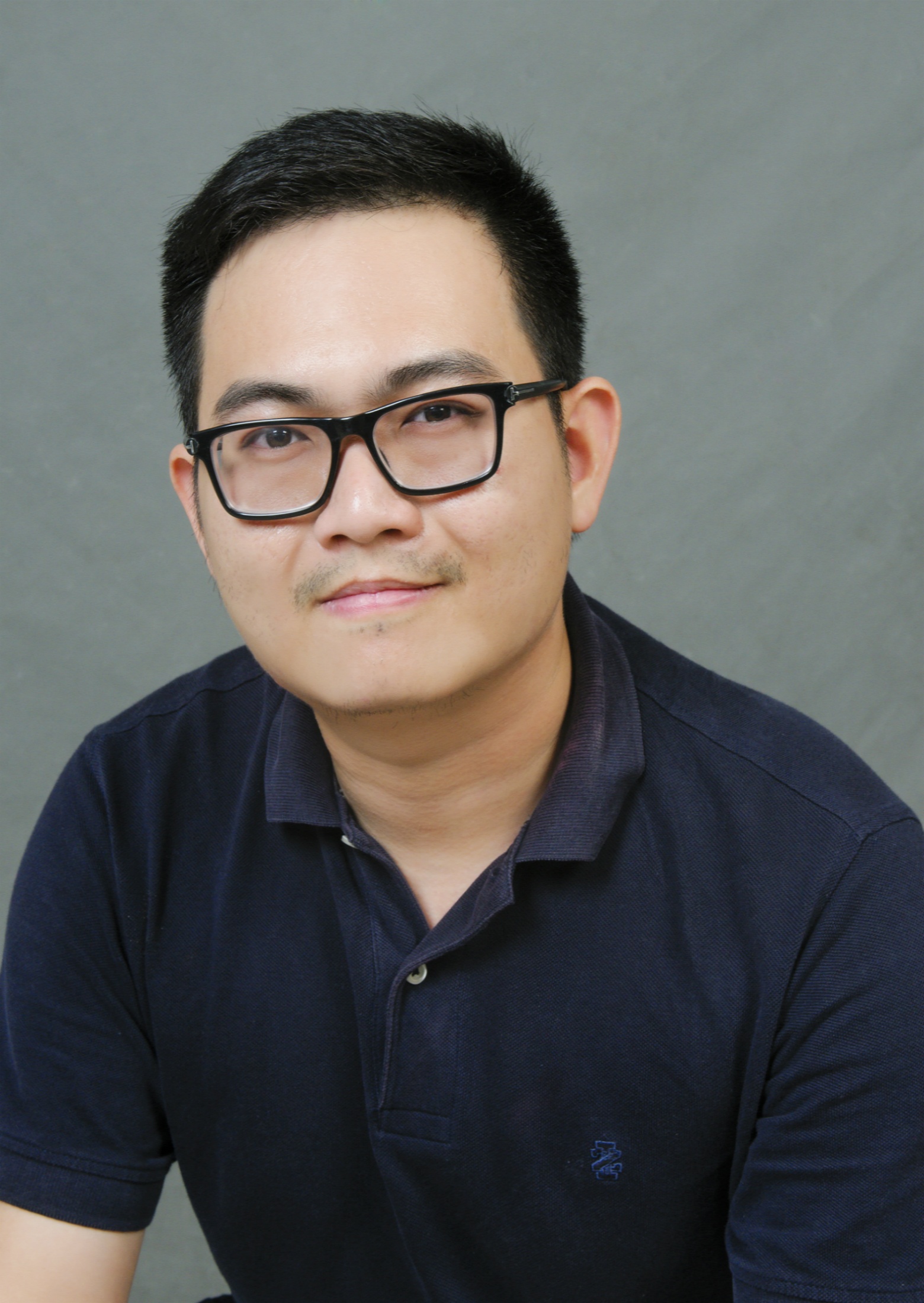Cooke Conversations: 5 Questions with Monirath Siv
 We’re continuing our series of alumni profiles by interviewing Cooke Scholars from across our scholarship programs. We hope to inspire current and future Cooke Scholars by highlighting the incredible range of personalities, ambitions, and accomplishments of this talented group!
We’re continuing our series of alumni profiles by interviewing Cooke Scholars from across our scholarship programs. We hope to inspire current and future Cooke Scholars by highlighting the incredible range of personalities, ambitions, and accomplishments of this talented group!
Cooke Scholar Monirath Siv received our Undergraduate Transfer Scholarship in 2009. In the interview below, he shares advice for harnessing naïvity to change the world.
I was raised in Cambodia and moved to California in 2006. After receiving the Cooke Undergraduate Transfer Scholarship in 2009, I completed an A.B. in biology from Washington University in St. Louis. I then joined Teach For America and taught high school science for two years in Camden, New Jersey. I also received an M.S.Ed from the University of Pennsylvania. Given my experiences growing up in Cambodia, serving with Teach For America and an academic background in education, I found myself in a unique position to start Teach For Cambodia. My mission is to unleash the potential of all children in Cambodia by enlisting our future leaders in this effort.
1. What does being a Cooke Scholar mean to you?
It occurs to me that we are a community of ambitious, committed and highly talented individuals. We have deep passions for knowledge and ideas in whatever fields we are in. All of us share the belief that education is the key to achieving our dreams. At the same time, I also think that the question about what it means to be a Cooke Scholar is also the question about what we do with our education, knowledge and all the ideas that we have. I’ve seen Cooke Scholars pursue career paths that they are super passionate about and using their knowledge and talent for a greater cause. I am sure that many of us are out there making a difference in the world.
2. What was the best advice given to you as an undergraduate in college?
We all should be naïve about wanting to change the world, but we should not do it naïvely. We must understand the world that we want to change very clearly and strive to become that change. This advice came from one of my anthropology professors. It influenced me to walk completely out of my comfort zone, and after college, I chose to teach in a troubled city for two years in order to learn and become the change I wanted to live in. Now I begin to see the power of being naïve and its difference from acting naively. Because I know I am naïve, I just want to take risks, learn and grow. This is obviously a powerful advice I would love to share with everyone else: be naïve and change the world.
3. What is one thing you did to help you transition to your first year out of college (undergrad)?
I began my early leadership role as teacher in an urban charter school. I was inexperienced and the only Asian teacher in a high school where students are Black and Latino. All of them came from low-income families. So, I faced intense and numerous challenges in my first year out of college. I think what makes things easy or difficult has to do with the relationships you create with people around you. Big thanks go to my teacher friends, my dean and principal as well as my leadership development managers who helped so much with everything during this time. Having this supportive community is probably the one thing that helped me to overcome many challenges.
4. What is a recent book that you enjoyed reading?
The last book I read cover to cover was “Whatever It Takes” by Paul Tough, who chronicles Mr. Canada’s ambition to change the lives of all children in Harlem and America. It helps to inform the work I am doing right now. While it reminds me that it takes a village to raise a child, the book brought me to question whether there are villages that do a better job in raising (and educating) their children and what it takes to ensure that regardless of which village the child is born into, all can have a fair chance at life.
5. If you were to create your own cookie, what would it consist of and what name would you give it?
I am excited to introduce you to a recipe for making “Moni Cookie.” Pour science nerd, leadership, education, grit and passion into a big bowl. Add one special drop of Cambodian flavor into it. Mix well and then bake. There you go!
Read more Cooke Conversations here.